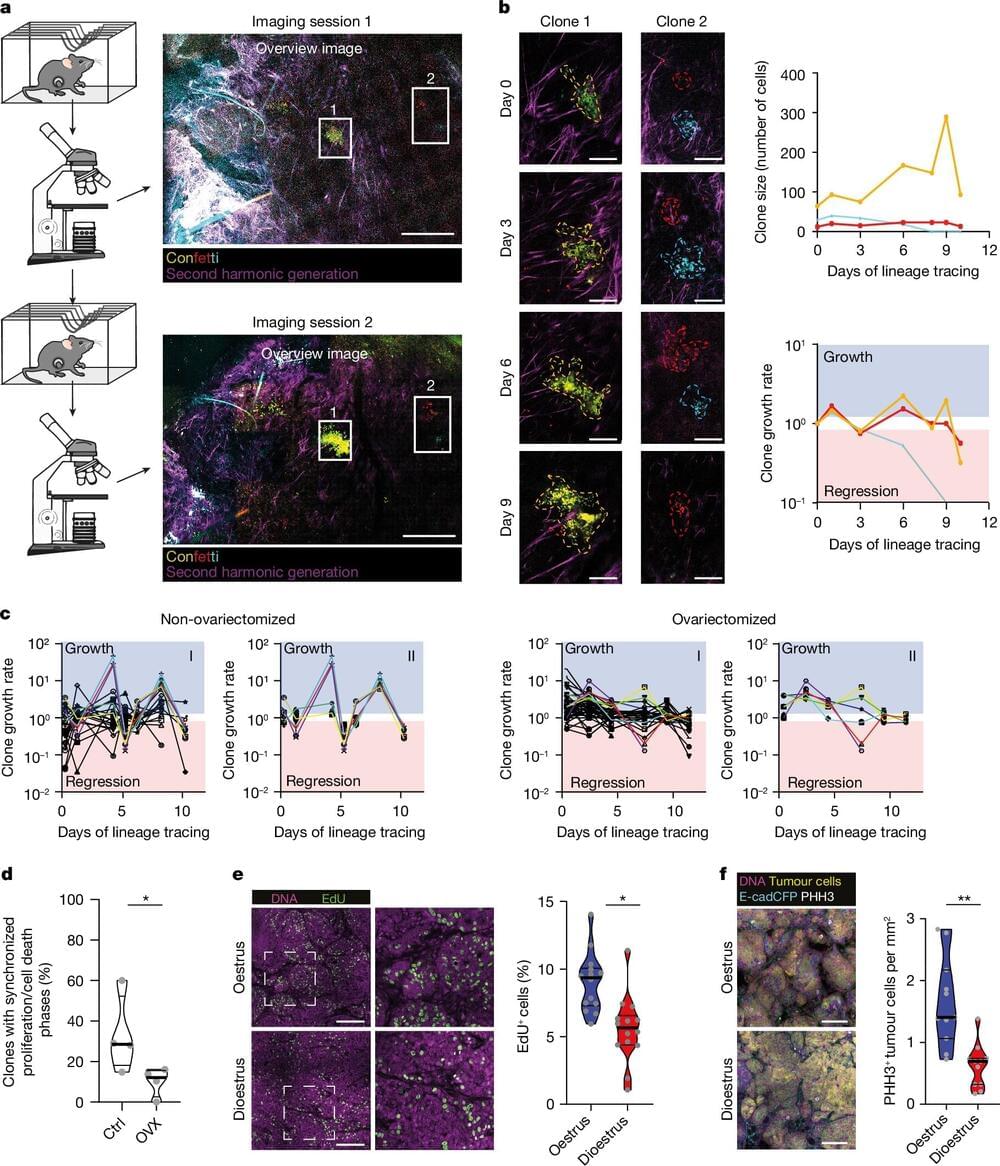The Netherlands Cancer Institute has found that the estrous cycle stage significantly influences mammary tumors’ sensitivity to chemotherapy. In mouse models of breast cancer, treatment initiated during the diestrus stage resulted in reduced responses to chemotherapy compared to initiation during the estrus stage.
The human body contains internal timekeeping clocks to adapt to environmental changes, including infradian rhythms like the menstrual cycle. Fluctuating hormone levels during these cycles regulate physiological adaptations, which may impact responses to therapies.
Understanding factors that contribute to the heterogeneity in chemotherapy responses is crucial for improving treatment outcomes in breast cancer.









Leave a reply